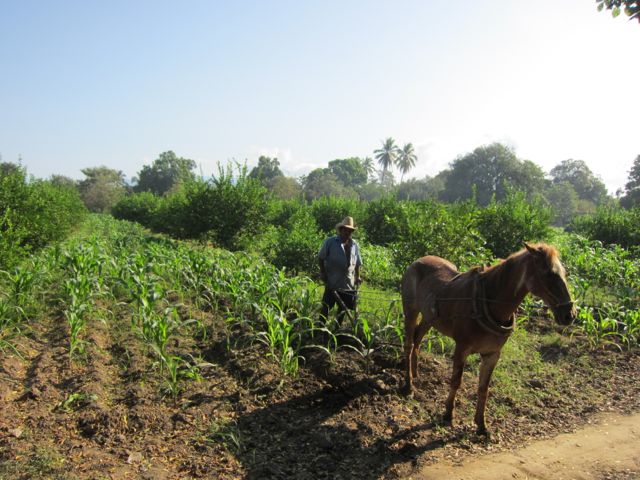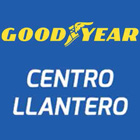Call Me Justo
Call me Justo. That’s what I tell everybody here in Mexico asking me for my name for the second time after they didn’t get the original pronunciation. I’m from Germany and all my life my name used to be Justus (with a soft jay as in justice) - until I came to Mexico around half a year ago. Here the pronunciation of my name causes problems I could never have imagined. So now I use the Spanish pronunciation of the “J” and I changed the final “us” to an “o”.
I live and work in several villages in the municipio of Tututepec through the auspices of Ecosta Yutu Cuii in Santa Rosa de Lima, a village 70 km west of Puerto Escondido. Ecosta devotes itself to environmental protection and rural development. It supports and organizes over 30 projects.
When I finished my bachelor’s thesis in Germany, I decided I wanted to get to experience life in a different culture on a different continent before pursuing an advanced degree. Since I already spoke Spanish, Latin America seemed the best option. I got in contact with Weltwärts, a German government sponsored organization which sends young volunteers out into the world of community service.
From the worldwide projects they manage I applied for three — in Nicaragua, Ecuador and Mexico — in the field of environmental protection. I have no idea how Weltwärts matches its volunteers to its projects, but they told me I could work in Tututepec, Oaxaca, Mexico.
Then began the administrative part of my service: signing contracts, going to workshops, raising funds (which isn’t mandatory but very highly advised), applying for the visa, etc. In the workshops I made friends who were also going to Mexico, which made the flight and first encounter with this unfamiliar country much easier.
In Mexico City we attended more workshops before setting out on projects throughout the country. Actually, that’s not quite correct! For safety reasons, there are states we are not allowed to enter such as Michoacán and Guerrero. If we do go there and we get into trouble, we are on our own, no matter our participation in a German governmental project.
At first, I had a hard time adjusting to life in the village of Santa Rosa de Lima. Only a few hundred people live there, and hardly any people my age. Also I didn’t expect that being a vegetarian would be such a big problem. Traditional Mexican restaurants and food stands have few or no meatless dishes. Even if they do, you end up eating the same cheese-filled tortilla over and over again. Beyond that, my stomach struggled with the Mexican cuisine for the first few months. My living quarters were humble, my mobility insufficient, my mood down.
Also, I didn’t expect the people to be so different. Many people hardly look me in the eyes. Some seem to be constantly in a bored or grumpy mood. Business owners appear to have no interest in doing business. Besides, my unaccustomed height, skin and hair color cause many people to make assumptions about me: I’m blond and white, hence I must be a wealthy U.S. American citizen (“Hey, gringo!”). Since gringos are not very welcome everywhere on Mexico, that has caused me a few problems.
However, my perception of Mexican people changed when I went to Puerto Escondido. I quickly felt welcomed and enjoyed all the possibilities my little village can’t provide (such as banks, shops, international food and young people). At the same time this contrasting point of view made me become more aware of the benefits we have in Tututepec. Personal relations, for example, are more appreciated than punctuality. The villagers have a strong sense of solidarity and the life style is more eco-friendly. Yes, there may not be as large a selection of food as in Puerto or Oaxaca, but most of the ingredients are fresh, local and seasonal. Sometimes I get to go into the fields and learn about the techniques necessary to provide me with a tasty meal.
My projects in Ecosta so far involve teaching English (a huge surprise for me), working in a bakery, organizing the sale of ranch eggs in Puerto Escondido, implementing trash separation in Ecosta and some minor design projects. I don’t know what’s next, but I’m looking forward to it. What I have learned from my stay here so far is that we are all stronger than we think, that there’s always a way to achieve one’s goal, that small contributions can make a change, that most people are obliging and curious and that a positive attitude improves everything.
I look forward to the final half of my volunteer work and to my downtime in Puerto’s restaurants and beaches when my stomach and my mind need a constructive break.












